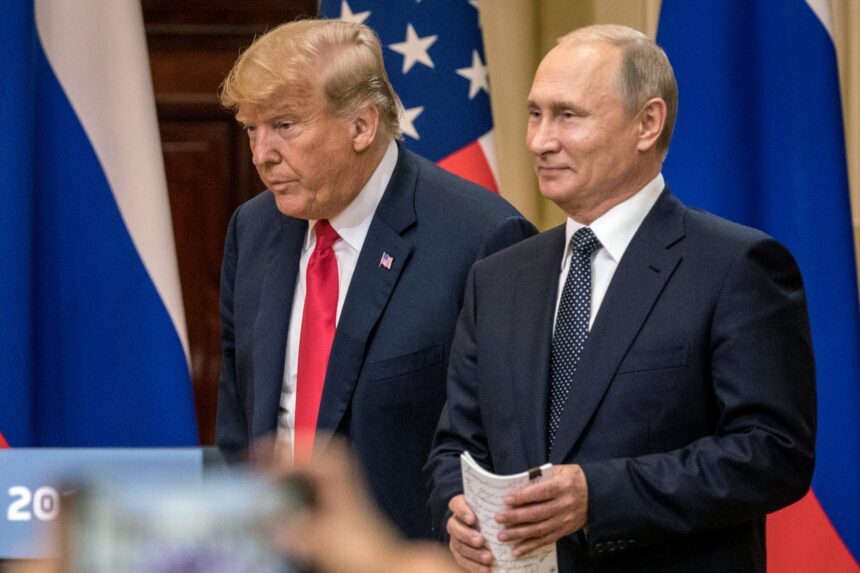With the BRICS bloc committed to de-dollarization efforts for most of the last two years, Donald Trump has emerged as a point of emphasis for its ongoing pursuits. Indeed, Putin has recently stated that he is “ready to speak” with the president-elect. The biggest question is, can the two sides remedy what has been growing geopolitical tensions?
Since 2022, the bloc has sought to lessen international reliance on Western economics. Specifically, they have targeted alternative currencies to promote the global south and its position on the international stage.
However, Trump’s return to the White House presents an opportunity for growth in the cooperative relationship between the alliance and the Western nation. That opportunity looks to have interested both Putin and China’s President, Xi Jinping.
BRICS to Work Alongside a Trump-Led United States?
Throughout the last several years, the BRICS bloc has actively worked against the United States’ economic status. They have firmly committed to shifting the status quo away from the US dollar. That position has seen them plan the development of their own economic infrastructure, which does away with SWIFT and other Western-based financial instruments.
Yet, those efforts could be set to decrease in the coming year. Specifically, the BRICS bloc has expressed an interest in working with President-elect Donald Trump to strengthen global relations. Specifically, Putin and Xi Jinping have noted they are willing to engage with Trump regarding that prospect. Moreover, the Russian leader has recently assured he will no longer ditch the US dollar.
For much of his reelection campaign, Trump has reiterated the need to keep the US dollar strong. In some statements, he has said that the greenback losing its position as the world’s currency would be akin to the country “losing a war.” Therefore, it stands to reason that the BRICS alliance would be high on his agenda.
Additionally, he has spoken out against the presence of sanctions on Russia. Indeed, those very sanctions were key in driving the de-dollarization efforts of the bloc. Imposed following Moscow’s invasion of Ukraine, Trump spoke confidently about his ability to reach a peaceful resolution to that military conflict.
He had also publicly discussed the lifting of sanctions on afflicted countries. At a public appearance during his campaign, he noted that “there are things more powerful than sanctions.” Moreover, he emphasized that the country “cannot lose our dollar standard.”
Both sides are set to meet at a rather interesting impasse. Trump could seek to ease tensions, but the BRICS bloc appears to be built on the lessening of reliance on the Western economic system. If that ceases to be the case, would the bloc retain the strength and commitment it accumulated over the last two years?










